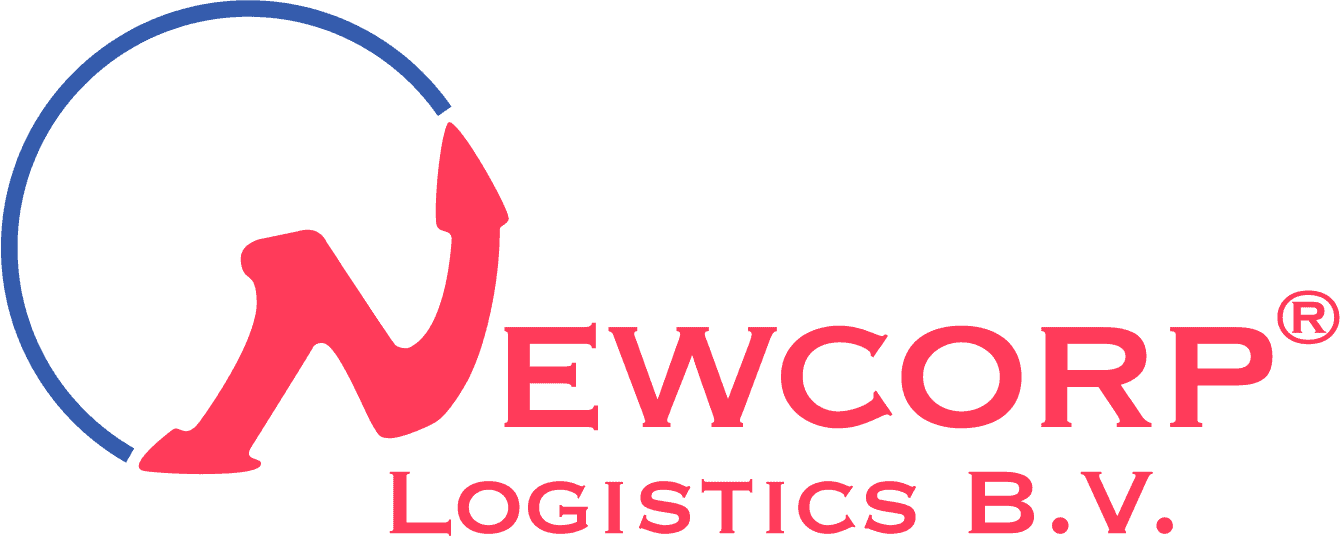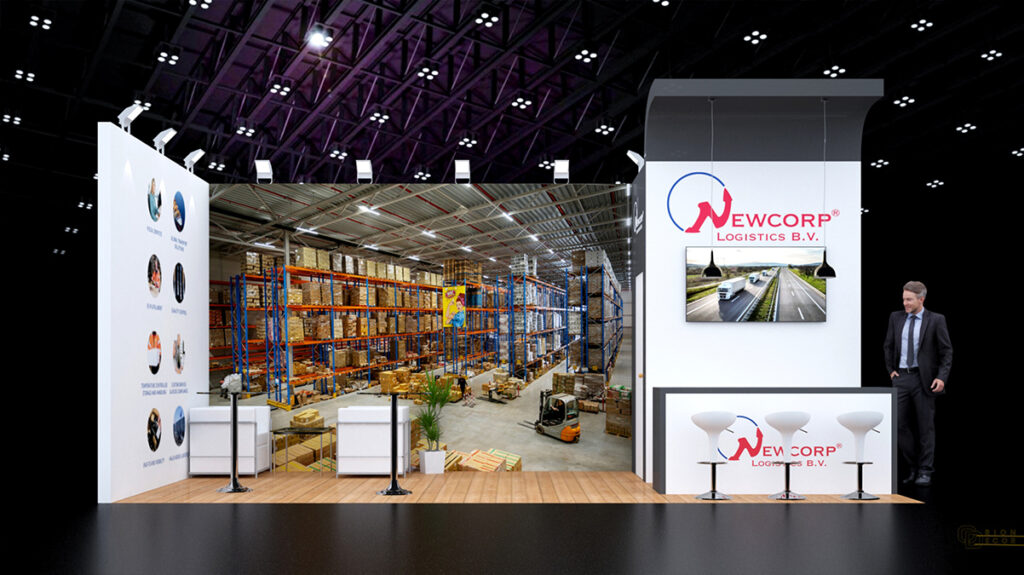From grape to glass sustainable innovations transforming the wine supply chain
The wine industry knows the urgency. Throughout the wine supply chain, environmentally friendly practices should be paramount. From production to shipping. When a company commits to sustainability in its processes, it demonstrates a desire to make a difference. Let sustainability be just the topic for ProWein 2024. The wine industry is looking for new ways to reduce its climate impact. In the wine industry, can you meet the concept of sustainability if only the packaging is made of sustainable materials? Or if the production process is sustainable? The answer is no. There is also much room for improvement in logistics and supply chain management. In reality, this answer is more complicated.
Responsible production
It all starts with the production of wine. Increasingly, organic and biodynamic methods are being adopted in the vineyards. This includes using natural fertilizers, minimizing chemical pesticides and herbicides, and promoting biodiversity. Water management is also an important component. Consider more efficient water management systems or using captured rainwater. The ideal situation as a winery is to function as a vineyard certified as climate neutral. Dare to take the position of a pioneer in sustainable viticulture. This can be achieved in part through renewable energy, rainwater harvesting and natural irrigation.
Energy-saving storage
Sustainable materials are increasingly being used in the construction and renovation of wine storage facilities. The climate within a wine storage room must be regulated, for this purpose energy is essential. Wineries are investing in energy-saving technologies, such as solar panels and wind power, to reduce their carbon footprint. Newcorp Logistics, high-end logistics expert for wine and spirits, applies environmentally friendly storage solutions in the warehouse. With temperature-controlled lead units, the perfect conditions can be simulated. In addition to preservation inside, the organization has been working with the exterior. Because of the huge storage space, there is plenty of room for solar panels on the roof. These were recently installed and have a combined capacity of 1,000,000 kW/h, which is enough for 283 households. In this way, power can be generated in an energy-neutral manner. The investment is a step into the future not only for Newcorp, but also for the environment and the customer.
Minimizing transportation
By optimizing logistics processes and using efficient transport routes, wine storage facilities can reduce the CO2 emissions associated with transporting wine to and from storage sites. Larger wine companies, for example, minimize freight transport between their facilities. Previously, glass was shipped to another location for bottling, then the wines were transported back. The best outcome would be to consolidate the bottling in one location. This is possibly the most environmentally responsible way a bottle of wine reaches a consumer. In reality, this is not always possible, particularly due to globalization and the international nature of distribution to end customers.
Sustainable shipping process
When thinking about a sustainable aspect in a logistics process, thoughts quickly turn to packaging. Although this is one of the most important aspects, it is certainly not the only initiative. Cardboard packaging and recycled bottles are used in the wine industry to reduce environmental impact. Meanwhile, the innovativeness goes a long way. Wine is a fragile commodity and therefore must be transported with care. But, these days, quality wines don’t need heavy bottles. Glass is one of the largest emitters of greenhouse gases. By reducing the weight of the glass (called lightweighting), great savings are possible. If you reduce the glass by a few percent, this will result in a reduction in emissions and significant savings in glass costs. The rest of the packaging also deserves attention. The wooden boxes can be replaced to lighter recyclable cardboard containers, with soluble corn inserts to ensure safe transport without shards. Finally, a solution that used to be the norm: bottle reuse. As the concept of a circular economy gains momentum among wine industry professionals – and consumers – this standard will slowly return.
For wine producers looking for a sustainable logistics solution, Newcorp Logistics is the ideal partner. As a high-value logistics expert, Newcorp bears great responsibility for the green transition in logistics and supply chain management. At Newcorp Logistics, we store wine and spirits in a variety of packages, from the barrel to a bottle. Newcorp Logistics offers full service to the wine industry, as one of the few excise goods specialists in the Netherlands and knows how to correctly handle every (fragile) product. With a location a short distance from the ports of Rotterdam and Antwerp, we are able to minimize transport costs and CO2 emissions. With a focus on sustainability, we make the supply chains in which we may operate a little more resilient every day.

